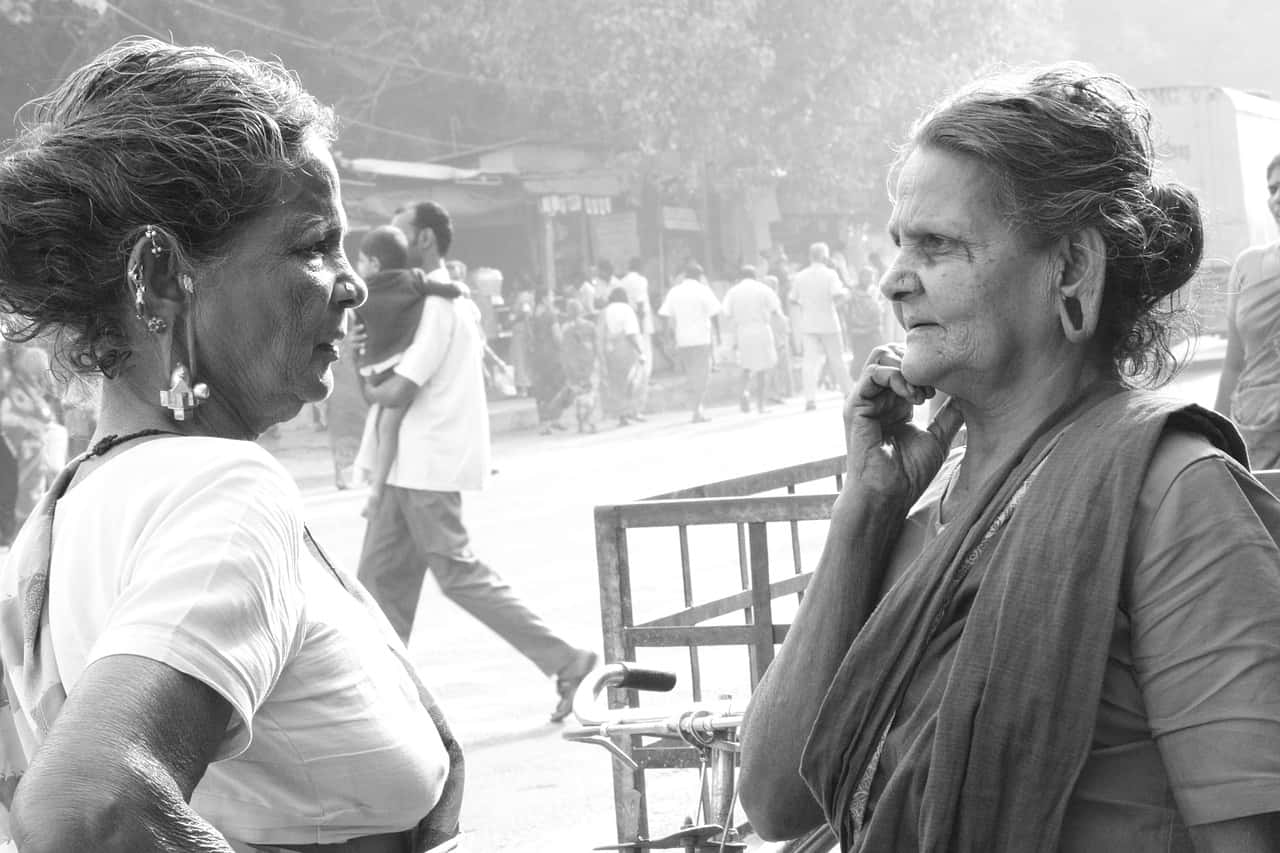
In her later days, her house was where people came every single day to play cards and chat. The first game my grandmother taught me was gin rummy. She was the one everyone called with their problems. My mother’s friend, an artist, takes care of the house when she’s in the state now.Īs a person, my grandmother was very quiet. The house my grandfather built still stands.

She is now buried close to where her children are. My grandmother was never really grounded, so when he passed she moved to a house that belonged to my late uncle, and lived there until she passed. My grandfather knew where he came from and knew where he wanted to die. At the end though, they went back to his home state where he built a massive house, which is still in our family now. My grandfather worked for the government, so they lived in a few states when my mother was growing up.

Different as they were, they built a life. Clippings bear the title “Royal Weds Commoner”. It was a reminder to him of being in Oxford during the war and working in a coal mine. There’s a silver cigar box that my mother still has which belonged to my grandfather. Waiting for this man who was so different from anything she knew – a man who came from very humble beginnings, went to study law in Oxford on a state scholarship and got caught there when the war began. Late for the time, but perhaps she was waiting. Coming from her background, she was protected from the brutal acts that the Japanese were capable of. I used to love sitting at the foot of her bed as she told war time stories. She was in her early twenties, yet unmarried when World War II hit. Now I understand that being someone whose father left at an early age, she probably never truly felt like she belonged. Just like that she had a family, and added on with two of her own, my grandmother, Abrizah Abdul Rahman and her brother, Ahmad Abdul Rahman.Īs her father had passed on early in life, and her mother was taken in by an uncle, my grandmother grew up in a massive home filled with relatives. Kamariah became the second wife of one of the Johor royals, whose first wife, a Dutch lady had passed on. She was one of those women who offered a silent challenge and it’s almost like you had to make a cut to know the real her. She could also swear up a storm apparently, and was one to make lewd comments, but according to the stories, not everybody was allowed to get into her secret world. My pediatrician, a Bengali lady, who was also her friend used to tell me stories of how she could be funny and sharp in private, but how she was so reserved in public that nobody ever knew what she was thinking. According to stories, she was a quiet woman but when she let her guard down, she was as temperamental and changeable as the moon. She probably never imagined that among her descendents there would be a Prime Minister, a Minister of Foreign Affairs, a Royal Professor, a National Traditions Expert and the first female Governor of the National Bank.Īmong her children with the Mayor was another woman, Kamariah (meaning moon). So this woman set down her roots, and became the matriarch of a very large family. Roqayah’s sister (Khatijah) was married off to the then Sultan of the State of Johor, and she herself was married three times – once to a younger sibling in the Royal family, then to a man of Arab decent (after her first husband had passed) and then later, to the Mayor of the state of Johor. Considering what could have happened, these girls were lucky. But that was how a Georgian girl was sent from Turkey to Malaysia. I often wonder how scary it was for her, being about 19, and being shipped off, with her sister and another girl of around the same age to a place where she didn’t speak the language, and knew not of the customs. She was a mystery that came and built a family. We never knew where she came from, or what her family was. We never knew what her real name was, but the name we know her by is Roqayah Hanim Abdullah. One was what we often read about, ladies trained to please men of the court, and the other, was a place where young girls were educated so that one day, they would be able to run households, do the accounts and be good wives. At the time, there were two types of harems. Somewhere along the way, she had been taken by the Royal Palace of the Ottoman Empire to be trained and educated in a harem so that one day she could be an accessory in building ties between two countries. In 1864, a girl was born somewhere near the Black Sea.


 0 kommentar(er)
0 kommentar(er)
